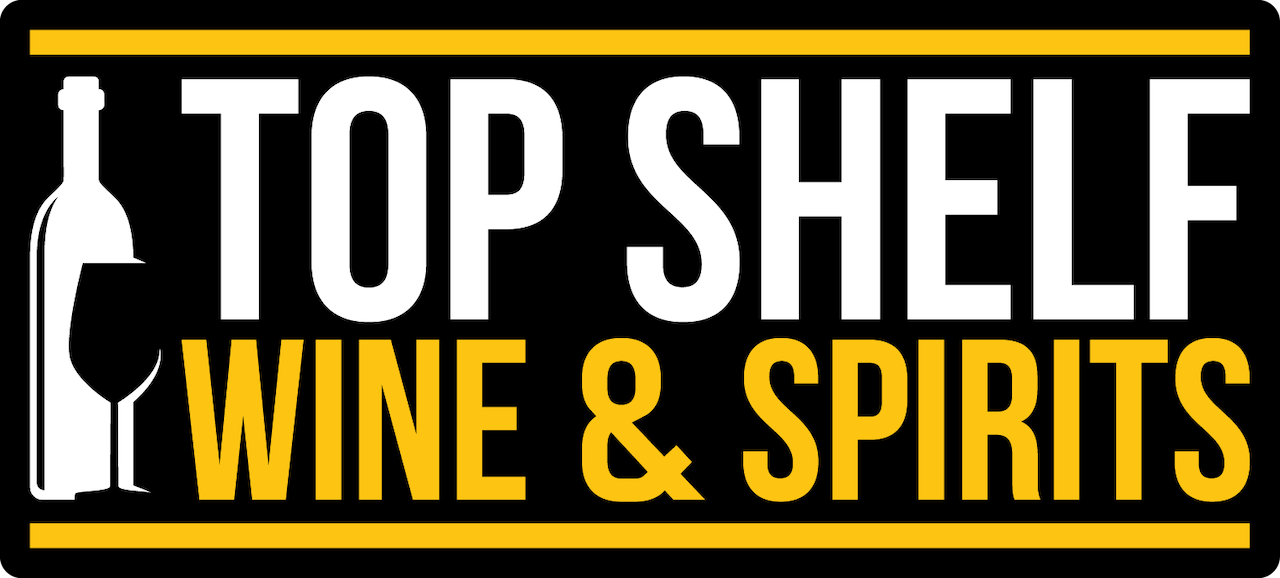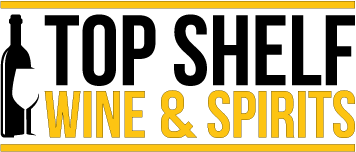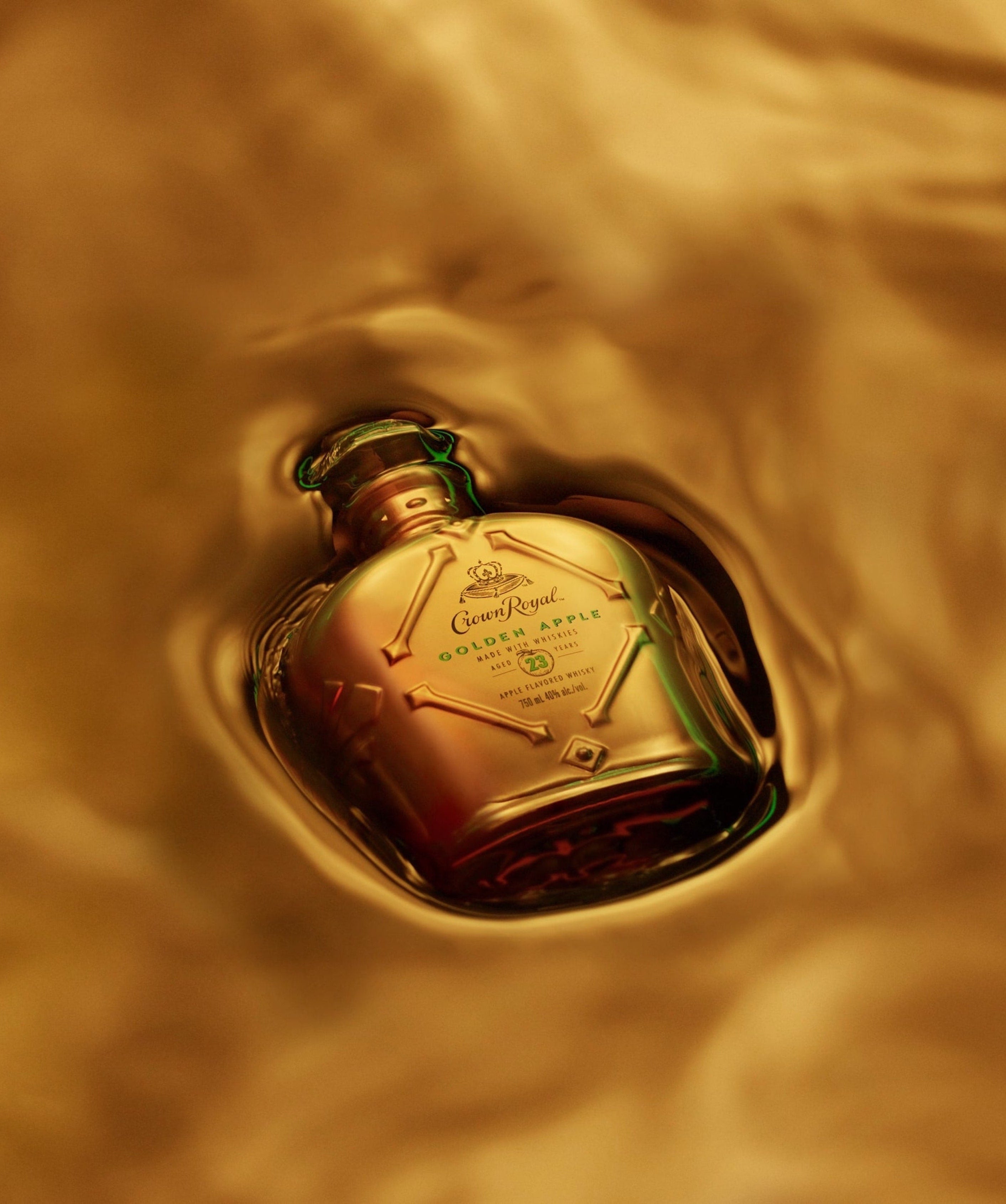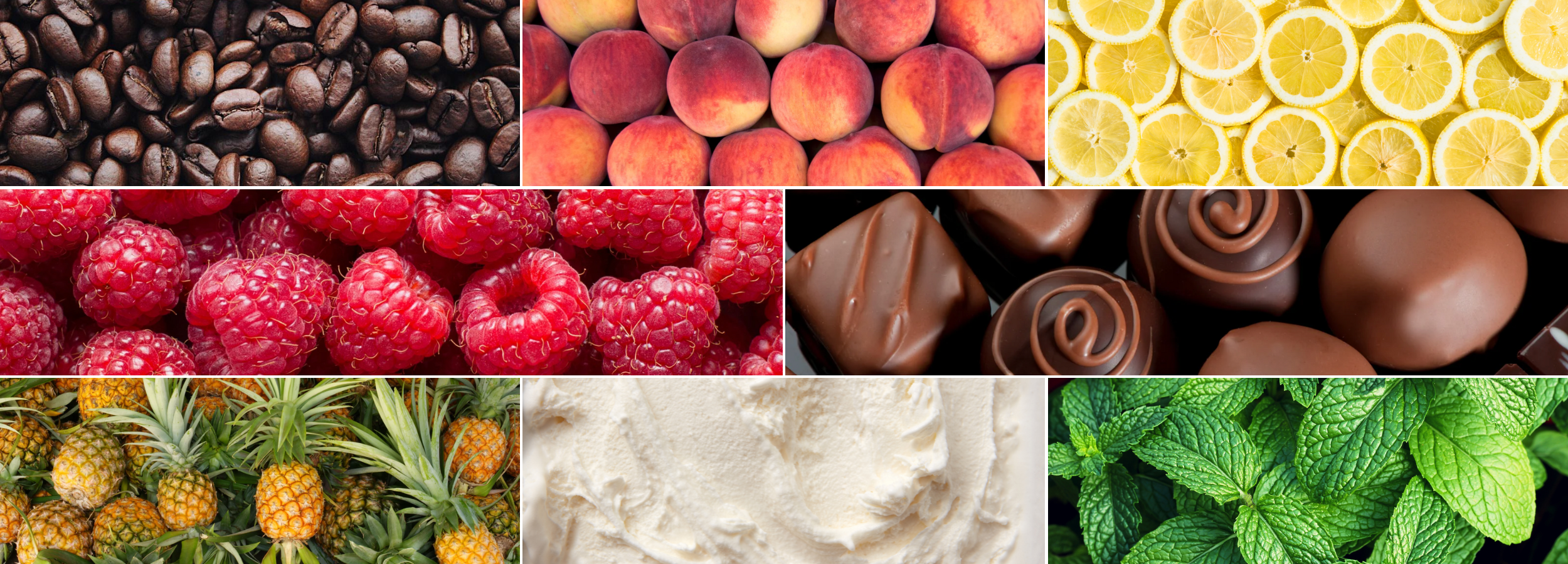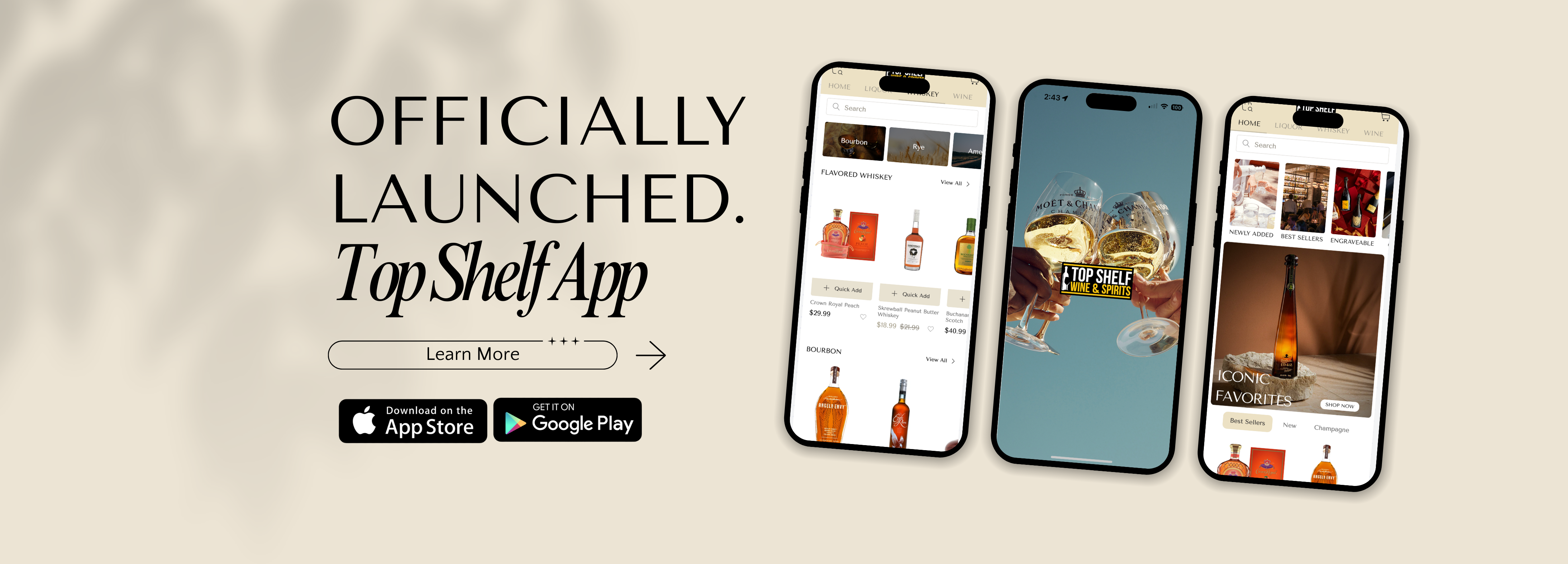
How Alcohol Affects Mood and Energy
Alcohol: Upper, Downer, or Both?
Alcohol remains one of the most widely consumed psychoactive substances in the world, playing a central role in social, cultural, and recreational settings. Its effects on the human brain and body are complex and often misunderstood. One of the most persistent misconceptions is the belief that different types of alcohol produce opposite effects—some acting as “uppers” that boost energy, confidence, or euphoria, and others as “downers” that cause drowsiness, calmness, or even sadness. This idea has become deeply rooted in drinking culture, often reinforced by personal anecdotes and popular media. However, from a scientific standpoint, all forms of alcohol share the same active ingredient: ethanol, a central nervous system depressant. Regardless of the type of drink, alcohol slows brain function, impairs judgment, and affects mood regulation—even if it may feel stimulating or energizing in the early stages of intoxication.
The Truth
All alcoholic beverages—from beer and wine to vodka and whiskey—contain the same active ingredient: ethanol. Ethanol is a psychoactive chemical that slows down activity in the brain and body, which is why alcohol is classified as a central nervous system depressant. However, the effects of alcohol are not always immediately sedating. In fact, during the initial stages of drinking, alcohol can feel stimulating or energizing.
This seemingly contradictory effect is due to how ethanol interacts with the prefrontal cortex, the area of the brain responsible for judgment, self-control, and decision-making. As alcohol suppresses this region, people often experience lowered inhibitions, increased sociability, heightened talkativeness, and a temporary sense of euphoria. These responses are frequently misinterpreted as a “boost” in mood or energy, even though the body is already beginning to slow down internally.
As blood alcohol concentration continues to rise, the depressant qualities of alcohol become more apparent. Reaction times slow, coordination becomes impaired, and mental processing begins to lag. With continued drinking, these effects can lead to drowsiness, confusion, irritability, or emotional instability. What begins as a perceived "high" gradually gives way to the true nature of alcohol as a sedative.
Behaviors Associated with Alcohol
While ethanol’s pharmacological effect is consistent across beverages, various alcohol types are associated with different emotional and energetic responses due to the factors above:
-
Vodka and Clear Spirits are often described as “neutral” in effect. When mixed with sugary or caffeinated beverages, the resulting perceived energy is due to those additives, not the alcohol itself.
-
Red Wine is commonly linked to relaxation or sleepiness. This perception may be influenced by its consumption in calm settings and the presence of tannins and histamines, which may contribute to fatigue or headaches in sensitive individuals.
-
Tequila is often associated with increased energy or bold behavior, primarily due to its cultural associations and rapid method of consumption (shots).
-
Beer tends to produce a mild, social buzz. Its lower alcohol by volume (ABV) encourages slower consumption and more gradual intoxication.
-
Champagne and Sparkling Wines can feel euphoric or dizzying due to carbonation, which accelerates alcohol absorption.
All alcoholic beverages contain the same active compound—ethanol—and exert similar effects on the brain and body. The classification of alcohols as “uppers” or “downers” is a myth shaped by psychological expectations, environmental context, and patterns of consumption, rather than pharmacological differences between beverages. Understanding alcohol’s true effects—initial disinhibition followed by sedation—can help individuals make more informed choices about drinking behavior and better manage their physical and emotional responses to alcohol.
